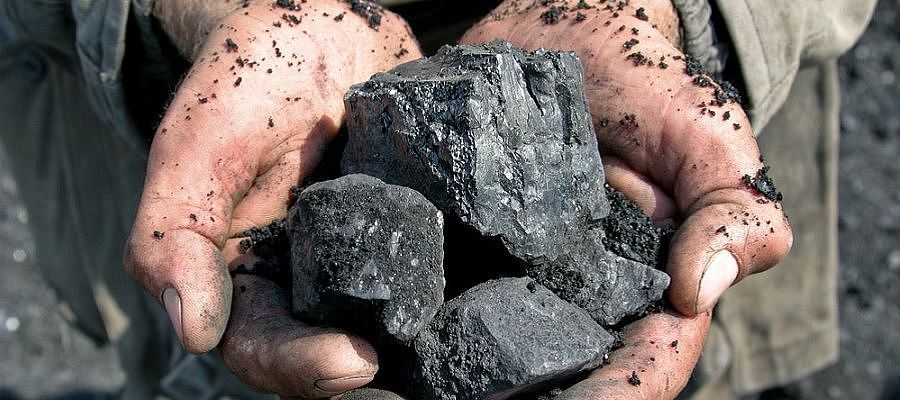The Social Democrats, SPD, narrowly beat Merkel’s CDU/CSU conservative coalition at the September 26 general election.
The Social Democrats said they would explore a coalition with the Greens and the Free Democrats, rather than renew a broad alliance with the coalition led by Merkel until now.
On October 15, the leaders of the 3 parties willing to form a coalition government said they would recommend the beginning of formal talks, after weeks of «exploratory talks».
It is no surprise that a coalition involving the Greens would want a swift coal exit, but the timing of the decision to push forward the coal phase-out by 8 years coincides with the major power and energy crisis in Europe, including in Germany.
Industrial power prices in Europe’s biggest economy hit a new record on October 14, while grid operators said they would slash by nearly 43 % a power surcharge initially designed to support renewables in order to help alleviate consumers’ pain amid the galloping energy prices.
The coal exit for Germany could be more difficult than in other European economies, because the country plans to phase out nuclear power generation by the end of 2022.
The closure of all nuclear reactors in Germany by 2022 means that Germany might need to retain half of its coal-fired power generation until 2030 to offset the nuclear phase-out, German officials said before the pandemic.
Author: Tsvetana Paraskova







